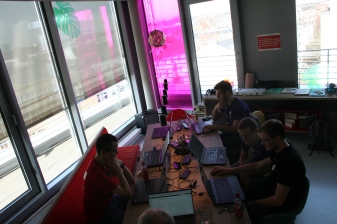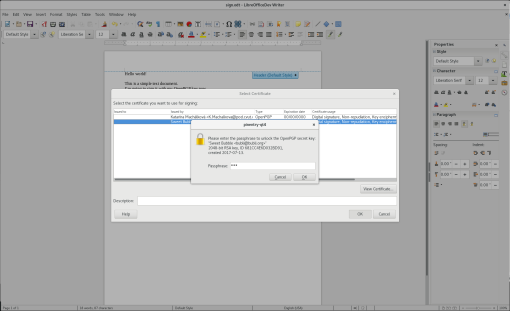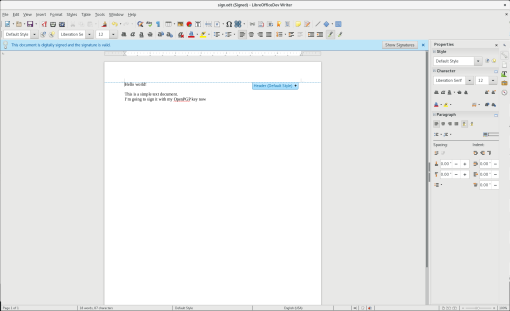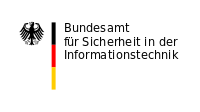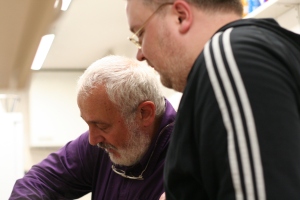On Monday September 16th, Richard Stallman, long-time president and founder of the FSF, has resigned from both his position at the FSF, and the MIT.
There’s a plethora of reporting around that – if you’re short on time, then I recommend reading Thomas Bushnell’s rather excellent medium piece in full.
Many things can be said about this event, but immediately coming to defend RMS as a principled old man, who was the victim of a witch hunt, is not it. I fundamentally disagree with Michael here, and like to point out (though its obvious), that his point of view is not shared nor endorsed by The Document Foundation, albeit aggregated on their planet.
This is what I posted last night to the TDF board, when we discussed the implications on Michael’s post being on that planet:
Dear board,
Björn wrote:
Or to put it much better argumented and better informed than I ever could:
View at Medium.com
Please do read the linked article in full. It echos my thoughts
exactly, but with much more authority & eloquence than I could have.
If you have some extra time, the entire story is many years, and
probably thousands of pages worth of words - but it's not a happy
story (it includes, at various occasions, RMS endorsing child
pornography and pedophilia).
For me, the sticking point is a slight remix of one of Thomas'
sentences: Michael treated the problem as being “let’s make sure we
don’t criticize RMS unfairly”, when the problem was actually, “how can
we come to terms with a decades-long history of RMS’s own mistreatment
of women and held views incompatible with broad societal norms &
ethics”.
In light of the above, I reject, in the strongest possible terms,
being seen near a statement that starts with "Really disappointed to
see the outcome with RMS". The blog post is offensive to women, the
victims in particular, tone-deaf to the wider issues at stake, and
harmful for TDF's reputation when issued by a board member on a
TDF-imprinted site.
It would have been better to stay silent.
Can someone please fix this?
Cheers,
-- Thorsten
Update 2019-09-23: Perhaps not entirely unambiguous – I wasn’t suggesting here that Michael would fully endorse RMS, but coming to his defense at this incident. Also adding the real name of my fellow TDF director, whom I was responding to in the mail above.
Update 2019-10-15: Bradley Kuhn’s statement after leaving the FSF is worth reading in its entirety, and well reflects what I believe leaders should aspire to.

